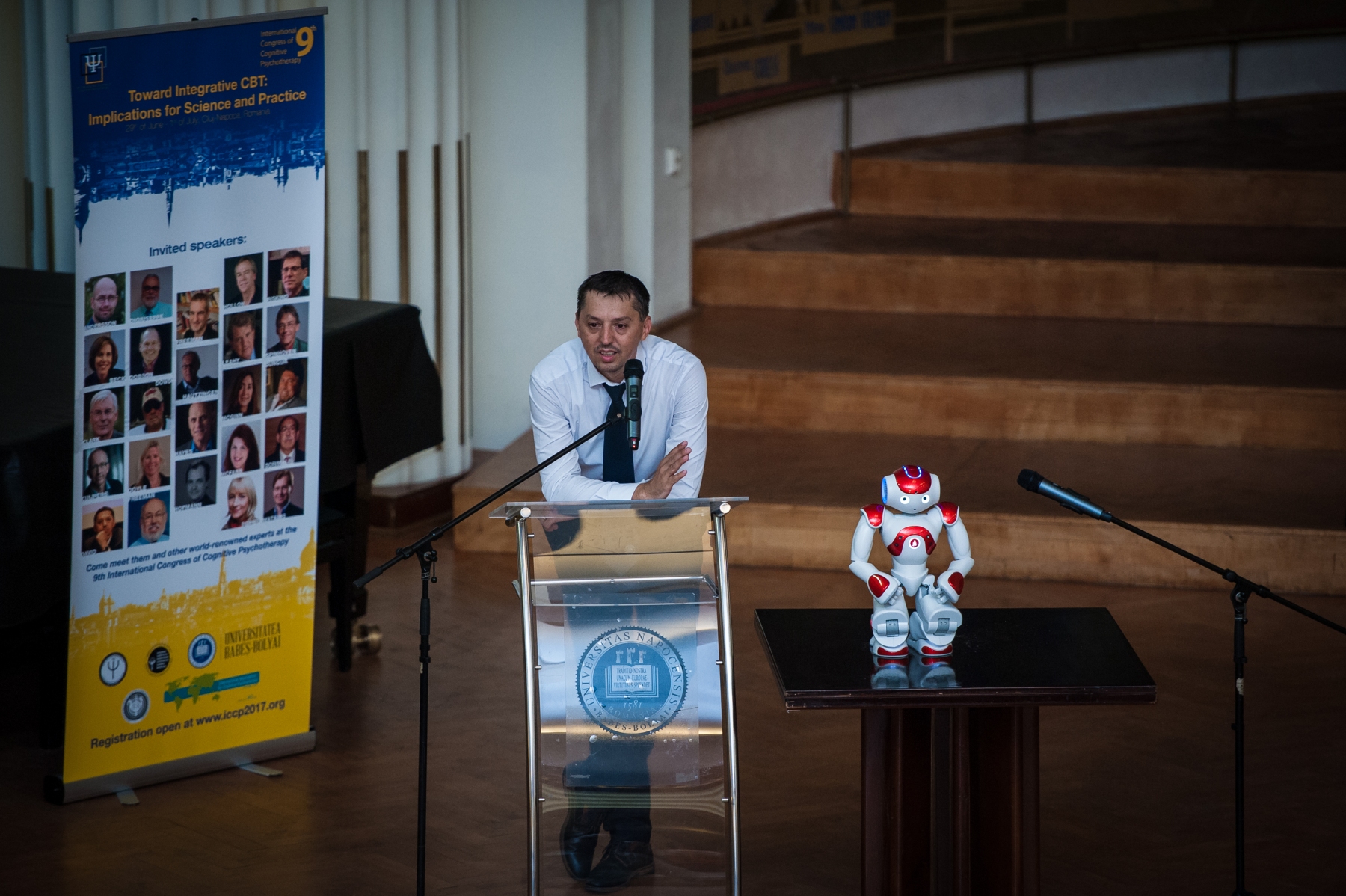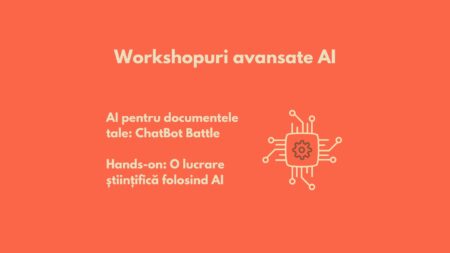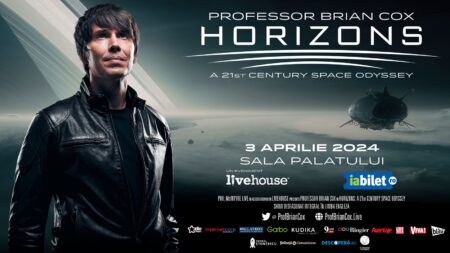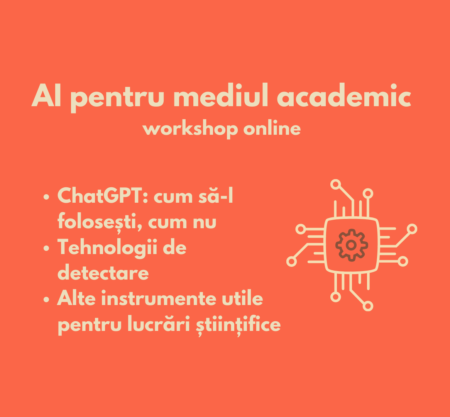There is a major obstacle for researchers who want to communicate with the public: they have no institutional motivation to do so, quite the contrary. They are judged more by the results of their research (articles, books or chapters, etc.), and not at all by the number of interviews in the press, community events or experiments they do for children. At each communication workshop for researchers I was asked this question at one point: So why would I communicate?
Professor Daniel David, elected yesterday rector of Babes-Bolyai University in Clujproposed for testing a solution that can solve this problem, among others.
I've been following Daniel David's work since he was Executive Director of Star Institute-UBB (Institute of Advanced Studies in Science and Technology) and started a series of interviews with researchersto promote models of excellence in research. (And I was envious because I had failed to do the same thing. still same thing at University "Alexandru Ioan Cuza" of Iasi).
A year ago, I heard him speak at the Consortium Universitaria Consortium about an out-of-the-box strategy to encourage teachers to get involved in society. I met Daniel David three months ago and asked him to tell me more about that.
To better understand what this is all about, here are a few examples given by Prof. David of UBB professors' involvement with society:
"For example, in the psychology area this means having hours of counselling and therapy as part of the academic norm; the environmental people have done radon level analysis for buildings in the old centre of Cluj. Another example would be how the Faculty of Political, Administrative and Communication Sciences got involved in the development strategy of Cluj."
The problem is that such activities, including those of outreach and communication, take a lot of time. And those teachers who would would like to communicate more or do more activities for the community, will still be judged by the number of articles published and grants won.
UBB has found a possible solution, which for the moment is testing it and has not imposed it at university level. First in my own words, then I quote from the interview with Professor Daniel David.
In practice, UBB teachers, although they must meet those minimum assessment standards set by the Ministry of Education and Research, can choose what they want to perform in. Until recently, they could choose between teaching activity (in which case they did not need to have spectacular research results) or research activity (in which case teaching was kept to a minimum). In UBB terms, this is called the "trajectory of career pathway'. Recently, a third option has been introduced: the relationship with society, for now at the experimental stage.
A more detailed explanation from the new UBB rector:
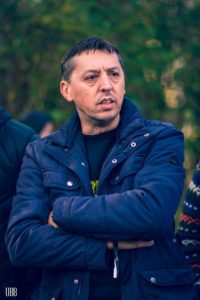
"A modern university has three missions: the teaching or educational activity - you disseminate knowledge, but it can be generated by others; the research activity through which you generate knowledge; and the third mission concerns the relationship with society, i.e. how you use the knowledge you have generated to do social good.
This does not mean that a member of the university must have all three assignments completed at very high levels. But it's good to have a career option so that at least one of the three missions represents your academic profile and you have the chance to do what you love, what matches the talent you have, the values you have, so that you can achieve excellence.
"The role of the university is also to use knowledge to do good"
"Regarding the third mission - the relationship with society - this is fundamental because the role of the university is not only to generate knowledge, not only to disseminate knowledge, but also to use knowledge to do good. I think it is the fundamental role of the university to do social good, and that's done by engaging in the third mission."
In the scientific area, the relationship with society means more rather the creation of technology, but contributions can exist from any field academic field.
"Let's not get the idea that the relationship with society is only about producing technology or something material that you can get your hands on. Science has a fundamental contribution to generating new paradigms, new ways of dealing ethically with different situations", explained Daniel David.
Teachers are free to choose a career path according to their own interests and values. Daniel David believes that "the role of a wise management is to leave more paths for people, so that each to find themselves according to this value profile, to have a good academic life."
This solution of "professional routes" in the university is still being piloted. A first report on how it has been implemented so far will appear in June, but Daniel David revealed (not to me, but in a debate between the candidates for rector at UBB) that so far, 25% of teaching staff have chosen a particular "career path", and 75% have preferred to continue to guide their work according to mixed objectives (both teaching and research).
Should the University decide to implement this idea, more specific research indicators would be established on disciplines, but also to better quantify teaching activity.
There is another proposal on the table, a "plan career plan", which is even more flexible and would allow executives to focus for a period of time on specific objectives (research, teaching, etc.). and then focus on alternative objectives (related to the relationship with society, for example).
The implementation of the system will depend on the results of that report as well as on further discussions with the faculties.
PS: I've kept this article in my drawer for three months because I'm aware that it's quite laudatory and I didn't want to publish it before the UBB elections. I'm not an influencer, but I still had an ethical embarrassment.
If your university has models for encouraging participation in activities outside the university, I would be interested to know what they are. You can write to me at [email protected]
Photo source: danieldavid.en


